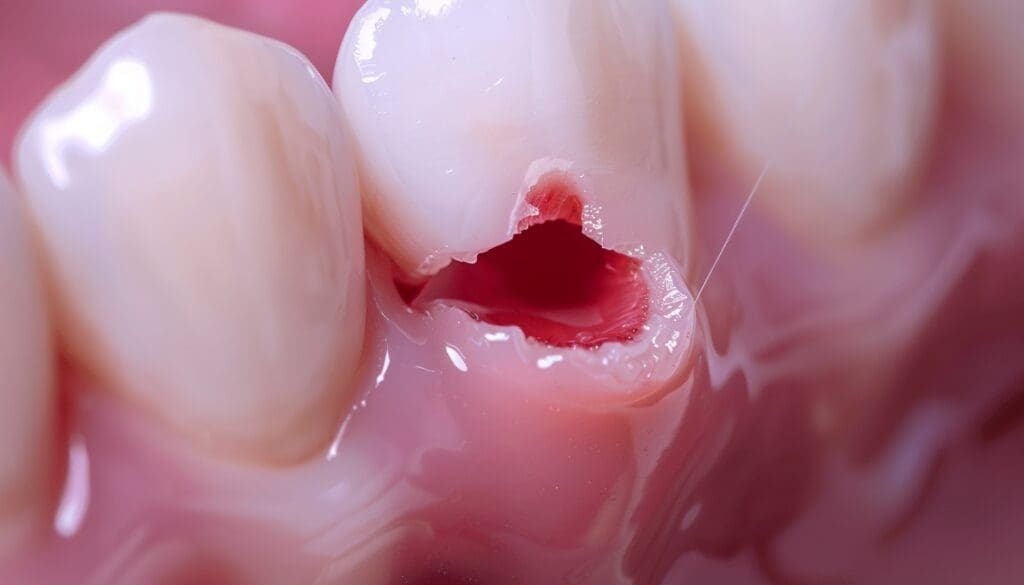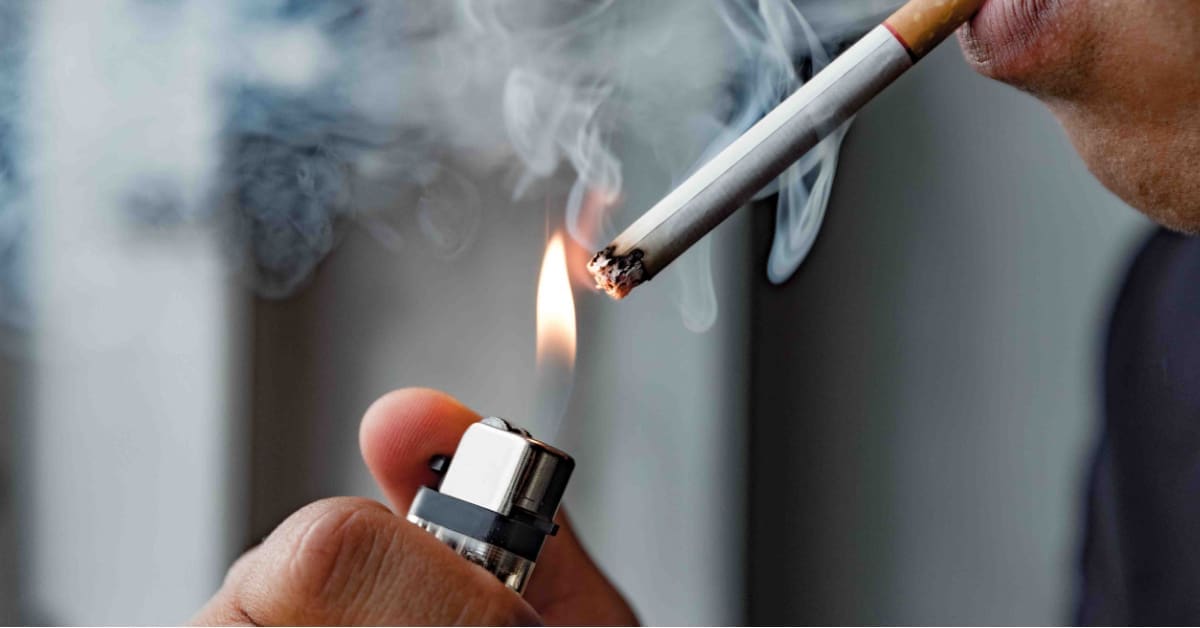Smoking the Effects on Oral Health: The Dangers and How to Quit
Lighting up cigarettes, cigars, pipes, or other tobacco products can severely damage your overall health, with your oral and dental health taking a major hit. The Centers for Disease Control and Prevention states that smoking ravages nearly all body organs and remains the number one cause of preventable death across the United States.
When it comes to your mouth, smoking increases the risk of severe problems like oral cancer and gum disease. Understanding the risks and knowing how to quit can help you improve your oral health.
How Smoking Damages Teeth and Oral Health
The toxic smoke from tobacco contains an alarming 7,000+ chemicals that can harm the tissues and cells inside your mouth. When you smoke, these chemicals come into direct contact with your gums, tongue, cheeks and other areas, leading to a multitude of oral health problems.
Here are some of the significant ways smoking harms your dental and oral health:
Increased Risk of Oral Cancer
Smokers are up to six times more likely to develop oral cancer compared to non-smokers. The carcinogens in tobacco can cause genetic mutations that lead to cancerous growths.
Gum Disease
Smoking makes gum tissue more susceptible to bacterial infections that cause inflammation, bleeding and periodontal disease. The gums can recede and expose more tooth structures.
Tooth Discoloration
The chemicals in smoke lead to yellow and brown stains on the teeth, as well as tongue stains. The teeth gradually darken over time.
Tooth Loss

Smoking worsens bone loss and can lead to loose or lost teeth. It also slows healing after dental work like tooth extractions.
Bad Breath
Smoking leaves behind an unpleasant smell and taste in the mouth that is extremely tough to eliminate fully.
Impaired Taste
Smoking deadens taste buds and reduces your ability to taste foods. Things may taste bland or bitter.
Delayed Healing
Smoking limits blood flow and the delivery of nutrients and oxygen to oral tissues needing repair. Healing is much slower after procedures.
Increased Dental Plaque
Smoke irritates the gums and makes plaque buildup worse around teeth and gums. This leads to more cavities and gum recession.
The risks go up the more you smoke and the longer you’ve smoked. Quitting can help reverse some of this damage and lower your risks. But the longer you wait, the more harm can be done.
Strategies to Quit Smoking
If you currently smoke, making quitting your top health priority is crucial, as kicking the habit comes with major health perks. Here are several strategies to help you snuff out smoking for good.
- Set a firm quit date and make a solid commitment to stick to it. Involve friends/family for support.
- Identify your triggers and situations where cravings are most decisive so you can better avoid them or be prepared.
- Use nicotine patches, gum, inhalers or other nicotine replacement therapy (NRT) to help ease withdrawal symptoms. (Always consult with your medical practitioner before doing any medical therapies)
- Get medications prescribed by your doctor to reduce cravings.
- Try behavioral counseling or join a support group to help boost willpower and get encouragement.
- Download apps that provide tools and motivation to help you quit. Many offer forums to connect with other people trying to stop.
- Switch up your routine to avoid the usual times and places you smoke, and find substitute habits and rewards instead of smoking.
- Manage stress with exercise, meditation, hobbies, etc. Stress and anxiety can trigger cravings.
- Consider hypnosis or acupuncture. Some people find these alternative methods help reduce cravings and withdrawal discomfort.
- Reward progress and milestones to keep yourself motivated, like a smoke-free weekend.
It often takes several tries to quit smoking altogether, so keep at it. Enlist your dental provider to help monitor changes in your oral health. With determination and support, you can quit smoking for good and enjoy a healthier mouth and body.
Contact Your West Orange Top-Rated NJ Dentist
Protecting your oral health is vital to protect your overall health. If you smoke or recently quit smoking, schedule an appointment with Suburban Essex Dental for a complete dental exam. Dr. Paul Feldman, an experienced dentist in West Orange, New Jersey, can assess your oral health, screen for any issues, perform a professional cleaning, and help you improve your dental and oral health.
Quitting smoking is one of the best things you can do for a healthy smile. Contact Suburban Essex Dental today to schedule your next visit.







